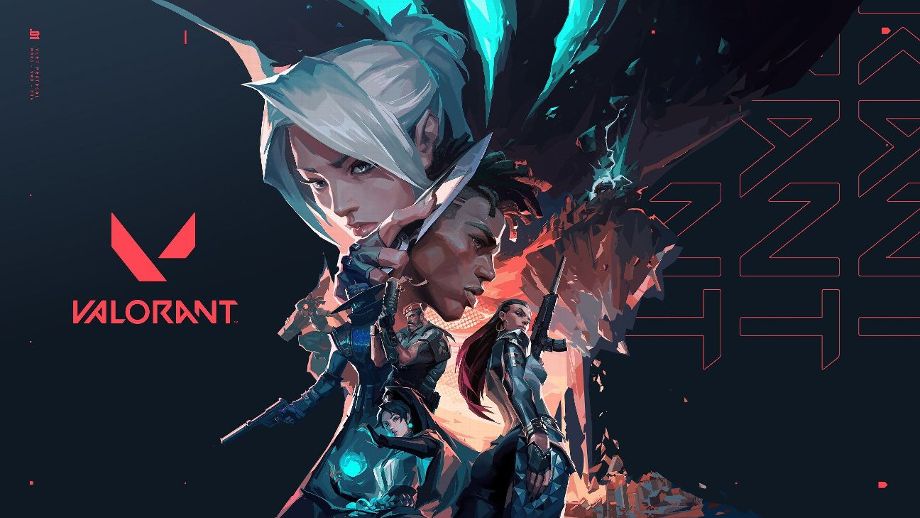Physical Address
304 North Cardinal St.
Dorchester Center, MA 02124
Physical Address
304 North Cardinal St.
Dorchester Center, MA 02124

With most of the world locked down in the safety of their homes, video games have gotten an unprecedented boost of attention. It’s no surprise that with sports cancelled all over the globe, fans of competitive games are turning to esports, both as viewers, and as players. Perhaps this is why Riot Games decided to come out guns blazing and release the beta phase of their upcoming competitive shooter, Valorant, with one of the most clever rollout tactics.
In order for users to get access to the closed beta, they need to watch Twitch streams of people playing Valorant. The more they watch, the higher the chance of getting access. This clever stunt led to Valorant breaking the Twitch record for “single-day hours watched record in a single game category” in its first day, with the game coming right out the gate with 1.7 million viewers.
Many people thought that the beta access being locked behind watching streams is the only thing that will make the game worth watching, but weeks after the beta release, the game is still holding on to Twitch’s top spot. And all the signs are pointing to this being the case for a long time.
But what is it that makes Valorant so successful and such a fierce competitor in the esports scene? Why would anyone play Valorant instead of an established esports shooter like CS:GO?
The answer is that there are two large factors at play in Valorant’s popularity. One of them is the mindless hype of FPS fans, who have grown bored of the generic, rehashed arcade shooters. Indeed, Valorant forgoes the run-and-gun gameplay of the biggest sellers in the market, instead opting for a slower, more tactical approach to shooting, almost the same as the one found in one of the most influential shooter series, Counter-Strike. That, coupled with the fact that this is the first dedicated esports shooter since Overwatch, is enough to realize why shooter fans are flocking to Valorant.
The other large factor, and why Valorant will likely influence all other esports titles, is the experience Riot Games has in developing eSport titles. Since being established more than 13 years ago, Riot Games has made a name for themselves when their first game, League of Legends, became a worldwide household name. Indeed, their reputation and experience is the very thing that will propel this game to the top of the esports ladder. Valorant, is, in many ways, identical to League of Legends when it first launched: it is a modified copy of a very popular esports game, but with some killer features.
In Valorant, these killer features are not gameplay-defining, but they help sweeten the experience. Small things like being able to refund a weapon, ask your teammates for weapons via the store and getting them instantly when they press a button, seeing the location of the player using voice chat, or just the detailed rundown of every gunfight you had in a round, should not be enough to attract such a huge following.
However, it is the overwhelming number of such small features that make Valorant such a fun experience. In fact, the quality of life features of Valorant are already starting to influence other games. CS:GO, the most-played game on Steam, has been out since 2012, and it is already copying features from Valorant, with one of CS:GO’s latest updates including a copy of the Valorant crosshair customization and sharing system.
All in all, Valorant, in its current state, is a very promising game. It is a package of tight gameplay and brilliant features, presented in a colorful, vibrant art style. If Riot Games gives Valorant the same support and love they’ve given League of Legends, then, in a few years, Valorant will likely be one of the most successful esports titles.